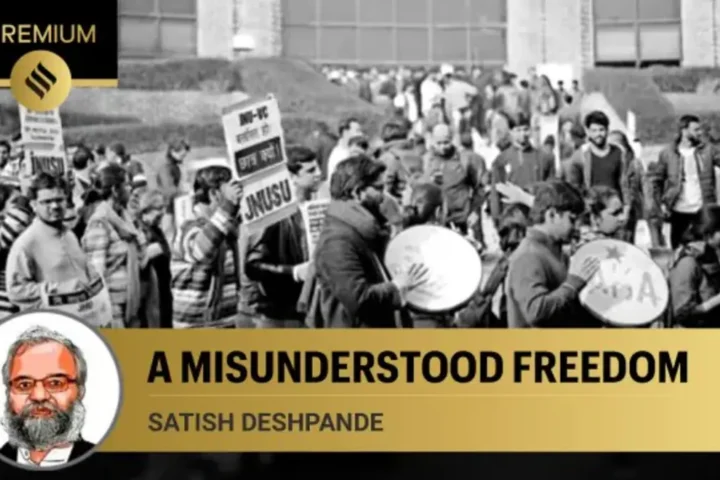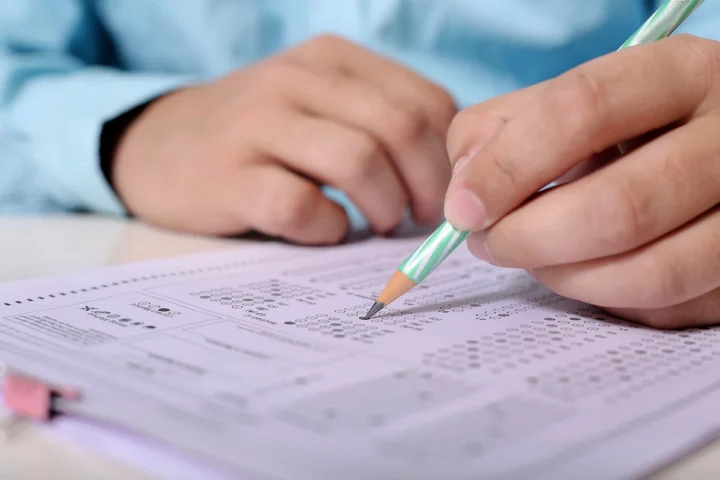Jawaharlal Nehru University (JNU) has introduced new rules, restricting protests near academic buildings and imposing fines for ‘anti-national’ acts. The revised Chief Proctor Office (CPO) manual aims to maintain discipline but faces opposition from the JNU Students’ Union (JNUSU).
Prohibited Protests and Fines: What that means?
1. Protest Restrictions
The new rules extend protest prohibitions to within 100 meters of academic buildings, including chairpersons’ offices, deans, and vital office-bearers.
2. Fines for ‘Anti-National’ Acts
Activities deemed ‘anti-national’ will result in a ₹10,000 fine, as stated in the revised manual. Additionally, staging dharnas and displaying wall posters within 100 meters of academic buildings may lead to fines up to ₹20,000 or expulsion.
JNUSU Opposition
1. Stifling Dissent Allegation
JNUSU opposes the stringent measures, asserting they aim to stifle the vibrant campus culture. The union demands an immediate revocation of the new CPO manual.
2. Campus Culture Concerns
JNUSU believes the rules threaten the vibrant campus culture that has defined JNU for decades.
VC’s Authority and Punishments
1. Authority Overview
The Vice-Chancellor or competent authority holds the power to determine punishable acts, with the authority to waive, change, or uphold punishments as deemed fit.
2. Printing and Circulation Restrictions
The university prohibits printing, circulating, or pasting derogatory posters or pamphlets, whether religious, communal, casteist, or anti-national.
Disciplinary Actions and Regulations
1. Protest-Related Penalties
Engaging in hunger strikes, dharnas, or other protests within a 100-meter radius may result in fines, eviction, or rustication for up to two months.
2. Coercive Acts and Expulsion
Coercive acts disrupting academic and administrative functioning, or those inciting violence, will face punishment. A student receiving five or more punishments during their study duration may face expulsion.
3. No-Dues Certificate Restriction
Students found guilty won’t be allowed to register for the semester or receive a ‘no-dues’ certificate until the imposed fine is cleared.
4. Proctorial Inquiry Changes
Cross-examination between the defendant and complainant or witness is no longer allowed during proctorial inquiries.
5. Community Service for Non-Appearance
Failure to appear before the proctorial inquiry may lead to assuming malicious intent, and the student could be asked to perform community service.
6. Consequences of False Allegations
False allegations against any student may result in rustication from the university.
Winding it up
JNU’s implementation of these regulations raises concerns about potential limitations on freedom of expression and dissent. The clash between disciplinary measures and the historic culture of activism at JNU reflects broader debates about maintaining order while upholding democratic values.







